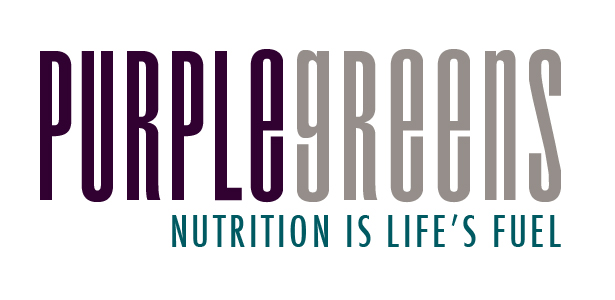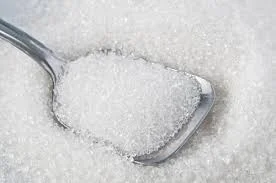There are a plethora of sweeteners that can be used in baking or just to add a touch of sweetness to oatmeal or tea. However, not all sugars are kind to your body. The sugars you want to avoid are the heavily processed sugars, like cane sugar and brown sugar. Even though agave nectar is less processed, it is high in fructose, a type of sugar that is not easily digested by everyone and can play havoc with your insulin.
Coconut sugar and brown rice syrup are less processed, but these sweeteners add very little to no nutritional value. Raw honey, pure maple syrup and molasses are your best bets for nature, unprocessed sweeteners.These natural sweeteners give you a sweet taste while delivering minerals and antioxidants. Honey has the added benefit of being antimicrobial.
Dates are a great substitute for cane sugar in baked goods and is a good source of natural sugar for energy. Dates are packed with fiber, as well as various vitamins and minerals such as calcium, iron, phosphorus, sodium, potassium, magnesium and zinc.
Natural, low-calorie sweeteners, such as stevia are processed sugars and are okay to use in small moderation. The stevia available in the United States is rebaudioside A, a specific constituent of stevia also known as rebiana. Individuals allergic to Asteraceae/Compositae family plants such as ragweed, chrysanthemums, marigolds, daisies, and other herbs from this family may have reactions to stevia. Artificial sweeteners, such saccharin (Sweet’N Low), aspartame (NutraSweet & Equal), acesulfame, sucralose (Splenda) have a strong association with cancer and should be avoided. A number of studies have shown that the consumption of aspartame may lead to increase in calorie intake and an increase in headaches.

